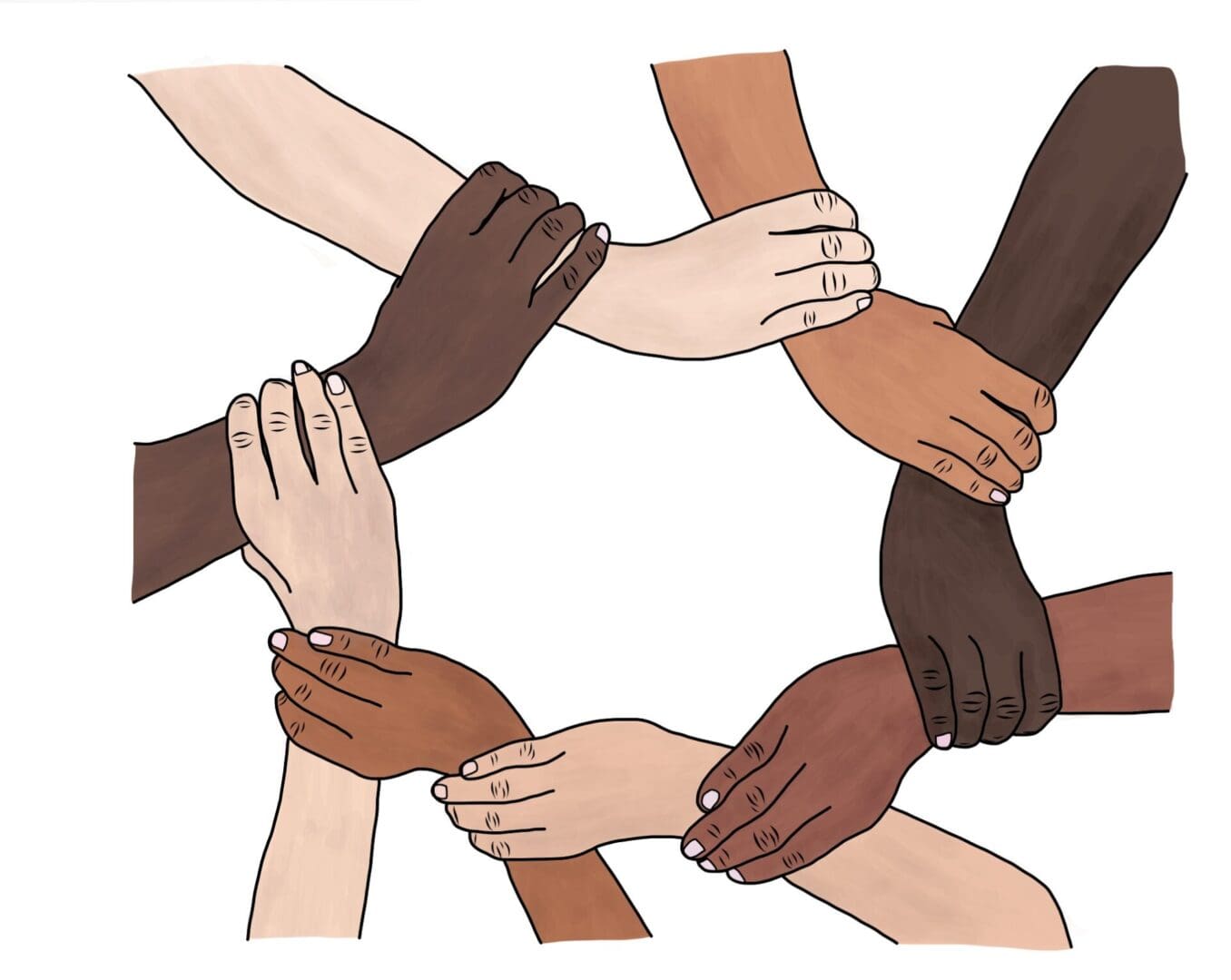HR Ain’t the Enemy: How to Turn Your Office Frenemy into Your Bestie
In many workplaces, the Human Resources (HR) department is often viewed with skepticism or even distrust. Employees may see HR as the enforcers of company policy rather than advocates for their well-being. This perception can create a barrier between employees and a department that is meant to support them. It’s time to change this narrative and recognize HR for what it truly is: a valuable ally dedicated to fostering a positive work environment and championing employee success.

Understanding the Misconception
The perception of HR as an enemy typically stems from a few common experiences:
- Policy Enforcement: HR is often the face of company policies and procedures, which can make them seem like rule enforcers rather than supporters. Let’s face it, nobody likes the hall monitor who reminds you to “walk, don’t run.”
- Conflict Resolution: When conflicts arise, HR’s involvement might be seen as taking sides or protecting the company’s interests over the employees’. It’s like having a referee who you think might be betting on the game.
- Confidentiality Concerns: Some employees fear that their issues or complaints won’t be handled confidentially, leading to a lack of trust in HR. It’s like telling a secret to someone who you think has a megaphone under their desk.
Why HR Should Be Your Ally
The reality is that HR exists to ensure a fair, safe, and productive work environment for everyone. Here are some key reasons why HR should be seen as your ally:

- Employee Advocacy: HR professionals are trained to advocate for employees’ rights and well-being. They work to ensure fair treatment, equitable pay, and safe working conditions. Think of them as your workplace superheroes—minus the capes, but still heroic.
- Career Development: HR can be a great resource for career growth, offering training programs, development opportunities, and guidance on career paths within the company. They’re like your career GPS, recalculating when you miss that promotion exit.
- Conflict Mediation: Rather than taking sides, HR aims to resolve conflicts impartially, ensuring that all parties are heard and that the outcome is fair and constructive. They’re the workplace version of a good referee—whistle and all, but without the bad calls.
- Support Systems: HR often provides access to support systems such as employee assistance programs, mental health resources, and wellness initiatives. They’re like the office fairy godmother, but instead of pumpkins, they offer real, practical help.
- Policy Improvement: By engaging with HR, employees can help shape policies that better reflect their needs and concerns. HR departments are often open to feedback and can be instrumental in driving positive changes. It’s like having a suggestion box that actually gets read and acted upon.
Changing the Narrative
To transform the perception of HR from foe to friend, both employees and HR departments need to take proactive steps:
- Open Communication: Encourage regular, open dialogue between HR and employees. This can be through town hall meetings, feedback sessions, or anonymous surveys. It’s time for HR to stop being that mysterious office and start being the friendly neighbor who always waves.
- Transparency: HR should be transparent about their processes and the reasons behind decisions. This builds trust and demystifies their role within the organization. Think of it as HR showing you the secret recipe to the company’s success.
- Visibility: HR should be visible and approachable. Regular interaction with employees outside of crisis situations can help build positive relationships. No more hiding in the HR cave—step into the light and say hello!
- Training: HR professionals should be trained in empathy, active listening, and conflict resolution to better support employees. They should be like the office therapist, minus the couch, but with all the wisdom.
- Employee Involvement: Involve employees in policy-making processes. When employees see that their input is valued and acted upon, it fosters a sense of partnership. It’s like HR is the conductor, but you get to help choose the playlist.
Conclusion
It’s time to reshape the narrative around HR. By recognizing HR as an ally, employees can leverage the support and resources available to them, leading to a more positive and productive work environment. Similarly, HR departments must strive to build trust and demonstrate their commitment to employee well-being. Together, we can bridge the gap and create a workplace where HR is seen not as an enemy, but as a dedicated partner in every employee’s success. And remember, a little trust and a lot of laughter can go a long way in turning HR from the office mystery into your workplace buddy.
To dive deeper into effective HR practices, learn more on SHRM. Additionally, if you want to enhance your workplace environment, check out our guide on building a positive workplace culture.